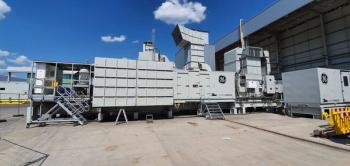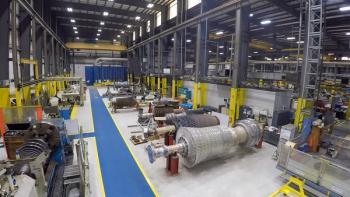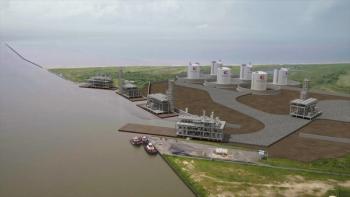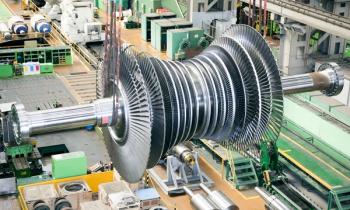
Air Liquide’s Hydrogen Production Unit Fuels La Mède Biorefinery
The production unit generates hydrogen using recycled biogenic by-products, which is then fed back into TotalEnergies’ biorefinery to produce biofuels and sustainable aviation fuels.
Air Liquide will construct, own, and operate a renewable hydrogen production project with an annual capacity of 25,000 tons at TotalEnergies’ La Mède biorefinery in southern France. Using recycled biogenic by-products instead of fossil hydrocarbons, the unit will generate renewable hydrogen which will be used to produce biofuels and sustainable aviation fuels at the biorefinery. Beginning operation in 2028, it will decarbonize the biorefinery by reducing CO2 emissions by approximately 130,000 tons annually.
The project represents an Air Liquide investment of more than €80 million to establish a renewable hydrogen ecosystem in the Fos-sur-Mer area, a primary industrial basin in France.
Decarbonization Impact
The La Mède project aligns with Air Liquide’s goal to support its industrial partners’ decarbonization initiatives, as well as the company’s plan to decarbonize its hydrogen network production sources. Installing a renewable hydrogen production unit increases Air Liquide’s capacity to satisfy current and future requirements for low-carbon hydrogen in the industrial basin.
“We are proud to support TotalEnergies in its project to decarbonize the La Mède biorefinery, thanks to our strategic positioning in the Fos-sur-Mer basin,” said Emilie Mouren-Renouard, Member of Air Liquide’s Executive Committee. “Two years after the announcement of the circular economy project in Grandpuits and following on from our memorandum of understanding to supply TotalEnergies' Gonfreville refinery with renewable hydrogen from the Air Liquide Normand'Hy electrolyzer, we are continuing our partnership with TotalEnergies to serve the energy transition through the implementation of our decarbonization solutions.”
In terms of additional projects in the Fos-sur-Mer region, Air Liquide operates:
- Three air separation units
- One hydrogen production unit
- One high-pressure hydrogen station for long-distance trucks
- A large-scale hydrogen network
More Air Liquide News
In late October 2024, Air Liquide and Cementir Holding Group launched a joint decarbonization project called
Air Liquide’s Cryocap will capture, purify, and liquefy approximately 95% of the CO2 emitted by the plant’s cement kilns. Following capture, the CO2 will be injected and transported in new pipeline infrastructure to onshore CO2 storage facilities. The project will help reduce emissions in the hard-to-abate cement industry, as the production of its main component, clinker, requires heating limestone—a CO2-intensive process. ACCSION is planned for operation by year-end 2029.
In mid-July 2024,
Over the first decade of operation, the planned BECCS facility will liquefy and store approximately 8 million tons of biogenic CO2. Air Liquide’s Cryocap LQ technology uses a chemical-free, non-flammable process in a compact footprint—the design allows heat recovery and reuse to supply Stockholm’s district heating network. EIF supports the project.
Newsletter
Power your knowledge with the latest in turbine technology, engineering advances, and energy solutions—subscribe to Turbomachinery International today.




